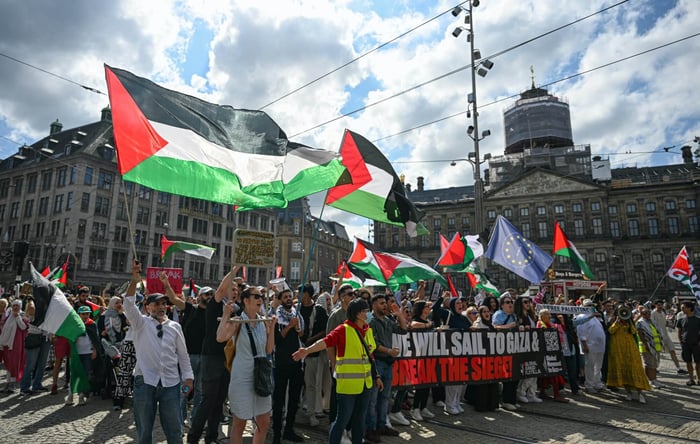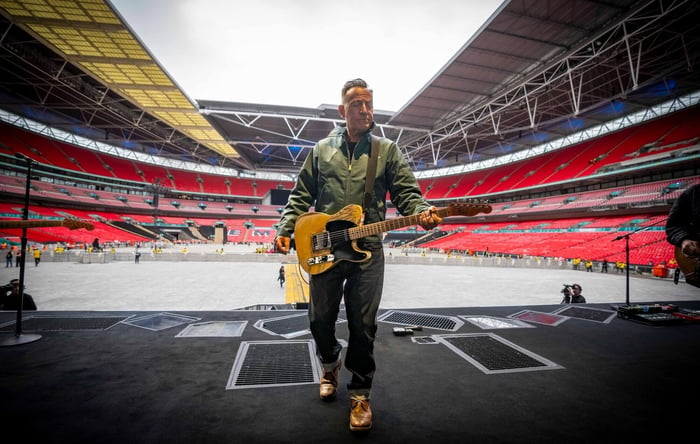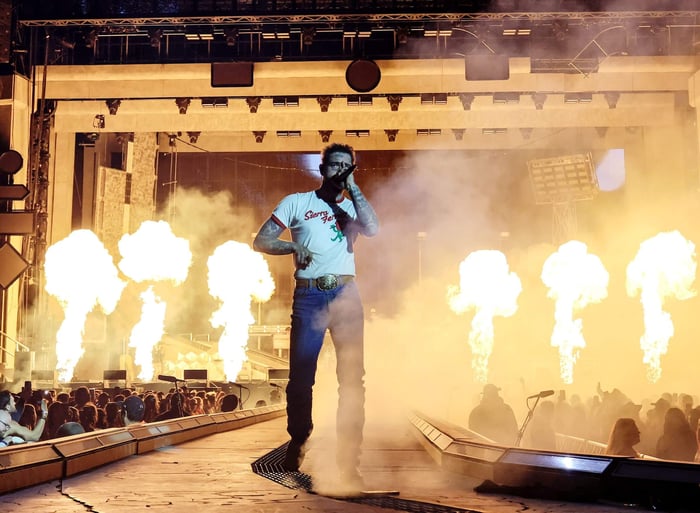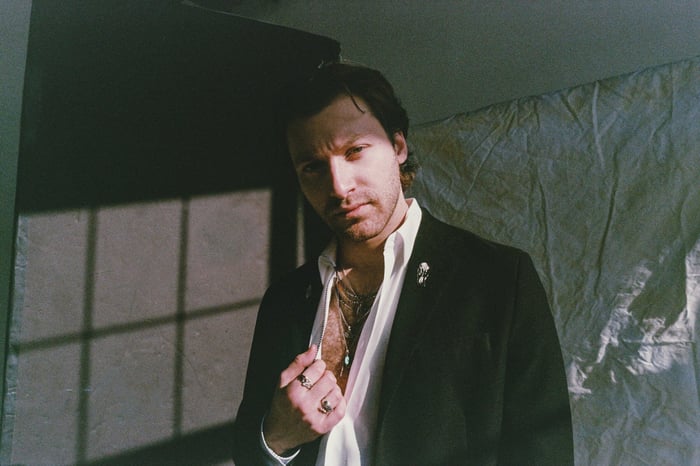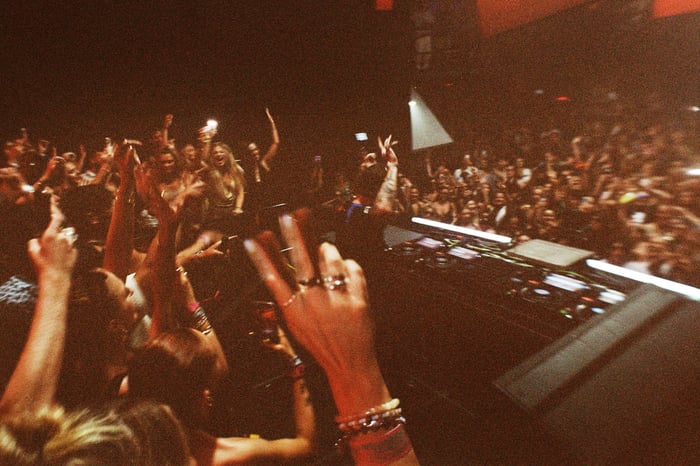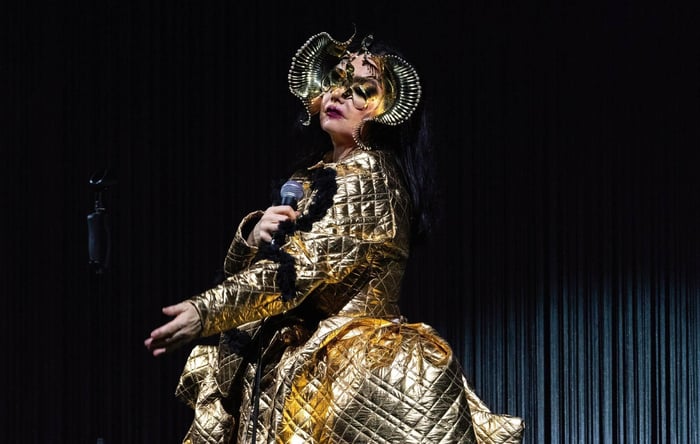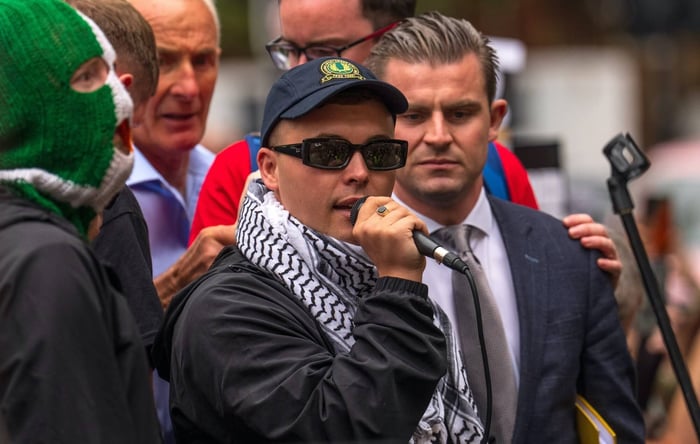
Kneecap Criticizes London Met Police's Section 14 Order Limiting Supporters at Court
Kneecap Criticizes London Met Police's Section 14 Order Limiting Supporters at Court
Irish rap group Kneecap speaks out against police restrictions on supporters during Mo Chara’s ongoing terror trial.
A Clash Outside Westminster: Kneecap Faces Court Amid Rising Tensions
When it comes to standing firm for what you believe in, few stories are as charged as that of Irish rap trio Kneecap and their frontman Mo Chara (Liam Óg Ó hAnnaidh). Tomorrow marks Mo Chara’s third court appearance at Westminster Magistrates Court on terror-related charges, a saga that has drawn both fierce support and sharp controversy. Yet, what’s grabbing headlines this time isn’t just the trial itself, but the London Metropolitan Police’s decision to enforce a section 14 order, effectively pushing Kneecap’s supporters away from the court’s entrance.
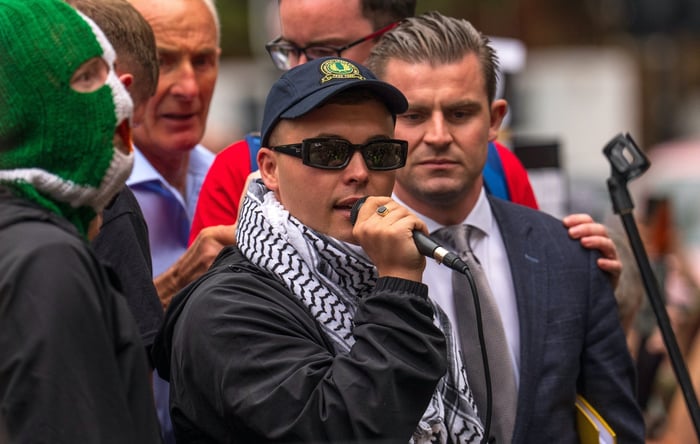
The Call to Support and the Police Response
Earlier this week, Kneecap rallied their fans for a gathering outside the court. Their invitation was vibrant: “Bring your flags, keffiyeh and voices,” they urged, promising a "line-up of speakers and musicians" to accompany their display of solidarity against what they called “British State repression.” This wasn’t a quiet affair—previous hearings in June and August saw huge crowds turn up, including notable figures like Paul Weller at their first court date.
However, the mood hit a snag when the Met Police issued a strict section 14 order for the upcoming gathering, led by The London Irish Brigade. According to Kneecap, this move is “petty in the extreme,” as the order forces their supporters to keep a distance from the court entrance, effectively silencing the physical presence that had become a hallmark of their peaceful protests.
Kneecap didn’t hold back in their criticism:
“We massively appreciate the support of what we know are the majority of the public, who can see this farce for what it is. It is distraction from war crimes that the British state still support every single day in Gaza... In our view this police action is designed to try and portray support for kneecap as somehow troublesome."
– Kneecap statement
Peaceful Demonstrations and Political Calculations
The band emphasized that both prior hearings were “entirely peaceful and a loving show of solidarity,” with the most disruptive elements ironically being the right-wing media and the police, who reportedly arrested a man for merely holding a sign, only to release him later without charge. Despite the police restrictions, Kneecap urged their supporters to remain compliant, no matter how “pitiful” the orders might seem.
Their closing rallying cry remains potent and clear: “Free Mo Chara. Free Palestine. Free the six counties.”
What the Police Order Entails
The official Met Police document setting conditions for the assembly at Westminster Magistrates Court spells out the restrictions in detail, including a precise map highlighting the designated area where Kneecap’s supporters “must remain.” The warning is explicit—anyone who fails to comply risks arrest.
“Any person taking part in the Kneecap & The Irish Brigade assembly in support of Liam Óg Ó hAnnaidh must remain within the shaded area on the attached map. Take notice that if you are the organiser or take part in this assembly and knowingly fail to comply with these conditions, or incite others to fail to comply, you will commit an offence and may be liable to arrest.”
This legal grip on protest activity has sparked fresh debate on civil liberties and the right to peaceful demonstration.
Voices from the Scene: Kneecap’s Dissent
Kneecap’s persistence throughout these legal battles is remarkable. The band has vehemently denied supporting proscribed terrorist organizations like Hamas and Hezbollah, challenging the allegations that have led to Mo Chara’s charges. The case is tied to an alleged incident last November during a live show where Mo Chara reportedly displayed a Hezbollah flag and shouted slogans. The UK government classifies these groups as terrorist organizations, but the band insists the footage and claims are taken out of context.
In April, Kneecap fired back with a stark message aimed at UK counter-terror police:
“18 Months Of Genocide Footage Not Under Investigation By UK Counter-Terror Police.”
Captioned simply: “Some facts.”
Mo Chara has maintained that he didn’t know what the flag was when he picked it up and that his comments were part of an in-character joke. They describe the whole legal process as “political policing” and “a carnival of distraction,” pointing fingers at the UK government’s focus on them rather than on ongoing war crimes abroad.
The Courtroom Drama Continues
The second hearing in August was another display of solidarity, with supporters chanting “free Mo Chara” and enjoying performances of Irish folk and protest songs. Judge Paul Goldspring is expected to give a decision tomorrow on whether he has jurisdiction to proceed with the case, acknowledging the desire for a “speedy resolution.”
Kneecap’s story isn’t just about legal wrangling; it’s about the intersection of art, protest, and the politics of expression. Their fight continues to stir passions and raise questions about freedom in a turbulent time.
Watch: Mo Chara Speaks Out on Terror Charges
For those wanting a deeper dive into the band’s perspective, here’s a candid video where Kneecap addresses the charges and accuses the UK government of hypocrisy:
Watch: Kneecap’s Exit from Court and Message to Supporters
The moment Kneecap left the court after one of their hearings, sharing their statement with fans and protesters, vividly captures the spirit of their movement:
Final Thoughts: The Power of Solidarity in Troubled Times
Kneecap’s battle in and out of the courtroom represents much more than a legal case. It’s a rallying cry against censorship, a stand for political expression, and an emblem of the challenges artists face when their messages clash with governmental powers. Even amid police crackdowns and legal uncertainties, the band’s supporters continue to show up—a testament to the enduring power of music and protest united.
FAQ
- What is the section 14 order issued by the Met Police?
It is a legal condition restricting where Kneecap’s supporters can gather outside Westminster Magistrates Court to prevent disorder or disruption. - Why is Mo Chara facing terror charges?
The charges stem from an alleged incident in November where Mo Chara displayed a Hezbollah flag during a live show and shouted slogans supporting proscribed groups. - How has Kneecap responded to the charges?
The band denies supporting terrorism, claims the footage is taken out of context, and calls the case political policing. - What happened at the previous court hearings?
Both hearings saw large, peaceful demonstrations in support of Mo Chara, featuring speakers, music, and chants. - Will Judge Paul Goldspring proceed with the case?
The judge is set to decide if he has jurisdiction, aiming for a speedy resolution, with his decision expected soon.
If you’re moved by the passion and spirit of Kneecap’s fight, why not celebrate their journey with a unique album cover poster? Shop your favorite now at Architeg Prints for a special piece of music history to inspire your own space.
 | DISCOUNTGET 30% OFF*Use code on your next order:
|
* This post may contain affiliate links, meaning we earn a commission if you make a purchase through these links, at no additional cost to you.




